Critic’s Picks – Guest Programmer Liam Lacey
June 18, 2020 By Go BackThe better fast track to happy-ever-after begins by sharing a deeply disturbing relationship movie, which naturally leads to a soul-baring talk and then, before the evening’s over, a decision to cast your lots together for life.
That is why the theme of my Hollywood Suite choice this month is Bad Romances, a look at those addictively intense terrible relationships that make for great dramas and bad memories. Caring, respectful relationships are sensible real-life goals, but there’s a lot to be said for movies about people open to tossing themselves into the emotional volcano.
Older movies, like those available on Hollywood Suite, also offer historical perspective. These are documents of the past – the clothes, furniture, body language, prejudices and pleasures of different times – that remind us what a small hill o’ beans our present concerns are. As John Cheever, wrote of his misbehaving characters in post-War New York, they were people “whose gods were as ancient as yours and mine, whoever you are.”
Let’s start with a New York story: Cactus Flower (1969), was released at the tail end of the period we now think of as the Mad Men era, from Matthew Wiener’s retro-gazing ad-man television series. Cactus Flower was quaint even then, based on a French farce, adapted for a hit Broadway stage, and belatedly a film. In its favour was the acerbic screenwriter, I.A.L. Diamond, best-known as Billy Wilder’s collaborator on a dozen films, including the Academy Award-winning, The Apartment (with which Cactus Flower shares a few plot points).
The movie begins on a dark note, with the suicide attempt of a young woman, Toni (Goldie Hawn) who’s in love with an older married dentist, Julian (Walter Matthau).
The twist is that Julian is only pretending to be married so he can avoid settling down. Meanwhile, his disapproving middle-aged receptionist (Ingrid Bergman) watches him with yearning love.
Ah, yes – zee men are swine but zee women will out-wit them! In the middle of this tarnished bauble there’s a significant explosion of light named Goldie Hawn, who took home a Best Supporting Actress Academy Award for what was her second movie role. The 24-year-old actress steals the movie from her older co-stars, with her Chaplin-like physical comedy and soulful innocence. As a bonus, Hawn wears a fantastic collection of Instagram-worthy kooky Pop-era outfits by Moss Mabry, who gave James Dean his red jacket in Rebel Without a Cause.
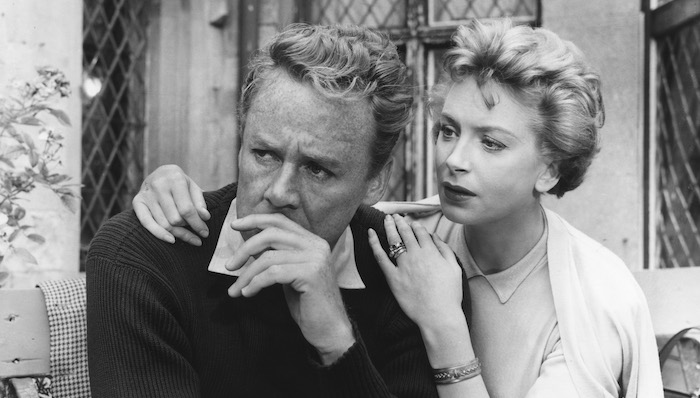
From the pre-1980s period, I’ve also picked the Canadian-born director Edward Dmytryk’s The End of the Affair (1955), which was based on a semi-autobiographical Graham Greene novel, about a war-time writer (Van Johnson) who falls in love a married woman (Deborah Kerr), who then makes life difficult by falling in love with God.
All this is conducted with Brief Encounter levels of English reserve and thumping hearts beneath tweedy jackets. For comparison, I’ve also picked a later 1999 version of the same Graham Greene novel, directed by Neil Jordan and starring Ralph Fiennes and Julianne Moore. In both cases, to quote Greene’s bitter narrator: “…this is a record of hate far more than love.”
Beauty couldn’t be much more devastating than it is in Death In Venice (1971). Italian provocateur Luchino Visconti adapted Thomas Mann’s 1912 novella into this drama about a German composer, Gustav (moody, matinee idol, Dirk Bogarde) who travels to Venice, in all its crumbling glory, in the middle of a cholera epidemic. He soon becomes infatuated with a beautiful adolescent Polish boy, who he never actually meets. If you find that creepy, you should, but the sadness of Gustav’s romantic delusion is excruciating
80s
That decade’s “erotic thrillers” often come across as campy, which is especially true of Fatal Attraction (1987), Adrian Lyne’s sleek morality play which inspired a long social conversation about adultery, the anti-feminist backlash, and the propriety of the term “bunny boiler.”
The movie holds up, not so much for its then topical subtext (Brian DePalma correctly identified it as “a post-feminist AIDS thriller”), but for the hair-raisingly operatic performance by Glenn Close as Alex Forest, a woman who had a weekend fling with Michael Douglas’s married lawyer, Dan Gallagher. After being ghosted, Alex turns spectacularly vindictive. Close, who is an advocate for mental health causes, has expressed doubts about the script, but Alex is such a primal force of vengeance, it compounds the silliness by quibbling about psychological accuracy.
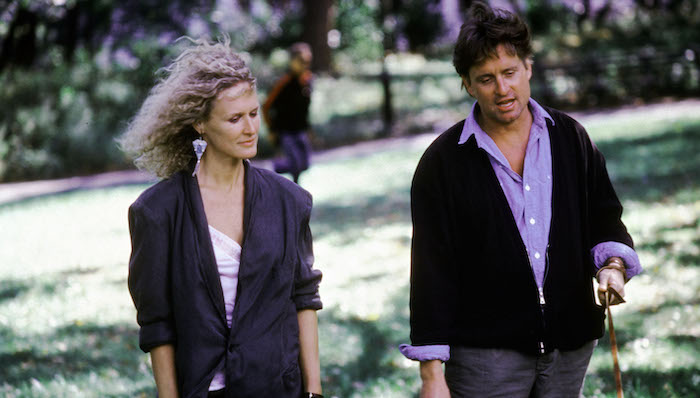
Michael Douglas emerged as an 80s poster-boy for a certain kind of swaggering male entitlement. He was at it again as another badly-married lawyer in the black comedy, War of the Roses (1989), which was also a cautionary tale – and even involves a misfortune for a family pet. This time Douglas’s character gets tied up in an outrageous divorce battle with his wife, Kathleen Turner. Danny DeVito, who directed, also plays a divorce lawyer who narrates the story of his nastiest case ever.
My third 80s movie is a serious troubled-marriage story, Shoot the Moon (1982), a family drama about an egocentric writer (Albert Finney) and his wife (Diane Keaton) and the effect of their disintegrating relationship on their four daughters. The movie was directed by Alan Parker, but is a far subtler effort than his previous films, Bugsy Malone, Midnight Express and Fame. Shoot the Moon was dumped in theatres in February to avoid competition with Keaton’s performance in Reds, and became an unjustly forgotten gem. To her credit, critic Pauline Kael called it “perhaps the most revealing movie of the era.”
90s
Single White Female (1999) was the 90’s all-girl Fatal Attraction, another vindictive woman, a murdered pet and some comically ridiculous violence. Yet, its aura of geek chic and New York career jousting remain fun, as do the performances of Bridget Fonda as an ambitious software designer and Jennifer Jason Leigh as her increasingly deranged roommate. Directed by Swiss auteur Barbet Schroeder, the film owes a debt to Ingmar Bergman’s psychodrama, Persona, but has been tagged as problematic for its lesbophobic themes. Not to forget the want ad that gives the film its title, if you’re going to place a blatantly racist ad for a roommate, expect for the worst.
For the 90s, I’ve included two Neil Jordan films, the previously-mentioned The End of The Affair and The Crying Game (1992) which still stands as his best and most lauded film (six Oscar noms) and an ahead-of-its-time fever-dream on the theme of multiple identities – nation, gender, race – as forms of entrapment. If, for some reason, you don’t know about one of moviedom’s most famous twist endings, I refer you to Mayor Quimby from The Simpsons to spoil it for you: “‘In other news, the chick in the Crying Game is really a man.’ (crowd boos). ‘I mean, man, is that a good movie.’ (crowd cheers).”
2000s
Ryan Gosling, before he was a “hey, girl” meme and a sex symbol, really tore it up as an actor. Blue Valentine (2011) is a reminder how he and his co-star, Michelle Williams, were two of the best of their generation. Here Gosling plays Dean, a high school dropout who marries Cindy (Michelle Williams), a nurse who has been impregnated by her awful boyfriend. The movie features a memorably dismal attempt at make-up sex in a motel room which should convince you never to try make-up sex in a motel room. By comparison, Noah Baumbach’s Marriage Story was a Fred Astaire-Ginger Rogers frolic.
My next pick is the sly entertainment of Gone Girl (2014) an ingenious contraption of a movie starring Ben Affleck and Rosamund Pike, directed by The Social Network’s David Fincher, and adapted for the screen by Gillian Flynn from her own hit novel. I’ll self-quote from my original review: “The plot resembles most episodes of 48 Hours: There’s a happy couple that seems to have it all – then the wife mysteriously disappears. Next come the revelations of marital alienation, financial problems, erratic behaviour, the troubling forensic report and … uh-oh.” If only 48 Hours were this fun.
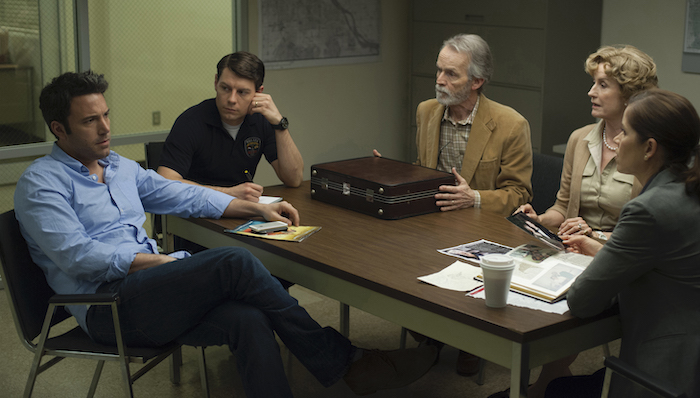
In the spirit of the current millennium, I know, I should really pick a movie about comic book heroes in space. Can we settle for a non-Hulk Mark Ruffalo movie? The pick is You Can Count On Me (2000), a tale of two adult siblings, who can neither quit each other or work things out.
The movie was written and directed by playwright Kenneth Lonergan, with bruising performances from Laura Linney as the exasperated Sammy, a single mom living in a Catskill Mountains town and her reliably unreliable brother, Terry (Ruffalo). In conclusion, I’ll paraphrase the famous line from Nelson Algren: Never play cards with a man named Doc, never eat at a restaurant called Mom’s, and don’t never trust anyone who says: “You can count on me,” especially on a first date.
Wednesday, June 24, 2020
Hollywood Suite 70s Movies – HS70
- 9:00 pm ET – Cactus Flower (1969) – Available all month On Demand and on Hollywood Suite GO
- 10:45 pm ET – The End of the Affair (1955) – Available all month On Demand and on Hollywood Suite GO
- 12:35 am ET – Death in Venice (1971) – Available all month On Demand and on Hollywood Suite GO
Hollywood Suite 80s Movies – HS80
- 9:00 pm ET – Fatal Attraction (1987) – Available all month On Demand and on Hollywood Suite GO
- 11:05 pm ET – War of the Roses (1989) – Available all month On Demand and on Hollywood Suite GO
- 1:05 am ET – Shoot the Moon (1982) – Available all month On Demand and on Hollywood Suite GO
Hollywood Suite 90s Movies – HS90
- 9:00 pm ET – Single White Female (1992) – Available all month On Demand and on Hollywood Suite GO
- 10:50 pm ET – The Crying Game (1992) – Available all month On Demand and on Hollywood Suite GO
- 12:45 am ET – The End of the Affair (1999) – Available all month On Demand and on Hollywood Suite GO
Hollywood Suite 2000s Movies – HS00
- 9:00 pm ET – Blue Valentine (2010) – Available all month On Demand and on Hollywood Suite GO
- 10:55 pm ET – Gone Girl (2014) – Available all month On Demand and on Hollywood Suite GO
- 1:25 am ET – You Can Count on Me (2000) – Available all month On Demand and on Hollywood Suite GO
Liam Lacey was a longtime film critic and columnist for The Globe and Mail, covering international film festivals and interviewing film stars and directors from around the world. He has also contributed to Variety, Entertainment Weekly, National Public Radio and the Canadian Broadcast Corporation. At present, he writes for Original-Cin.ca and POV Magazine, the Canadian publication which focuses on documentary filmmaking.





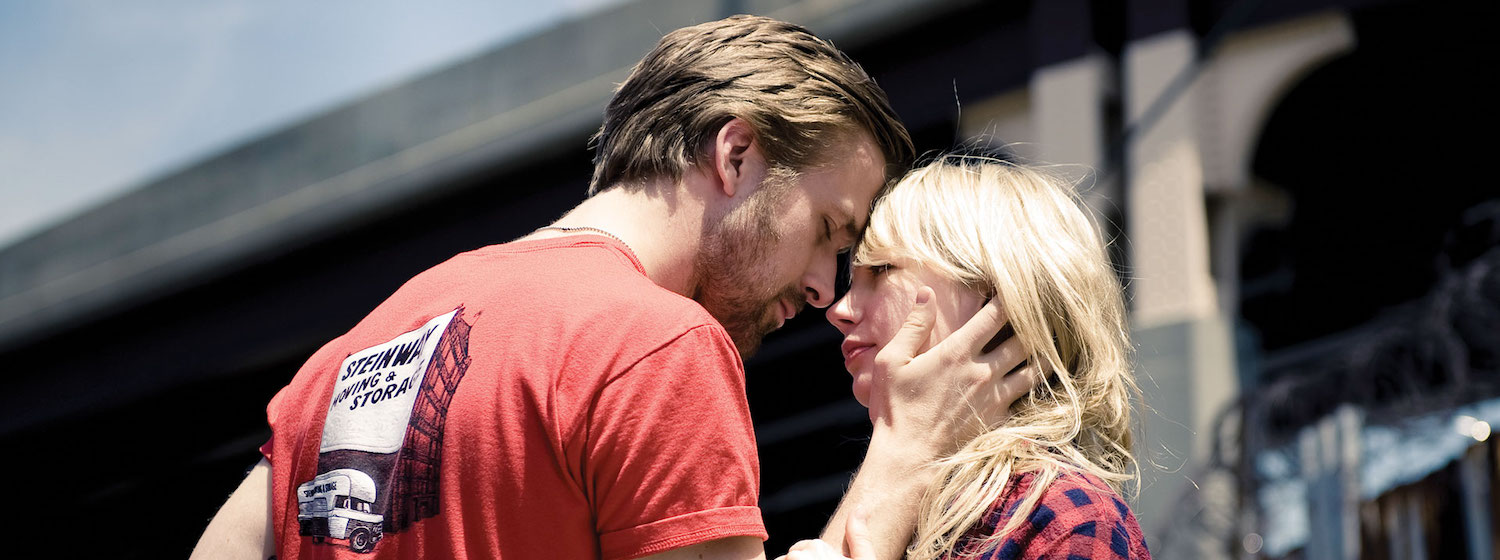
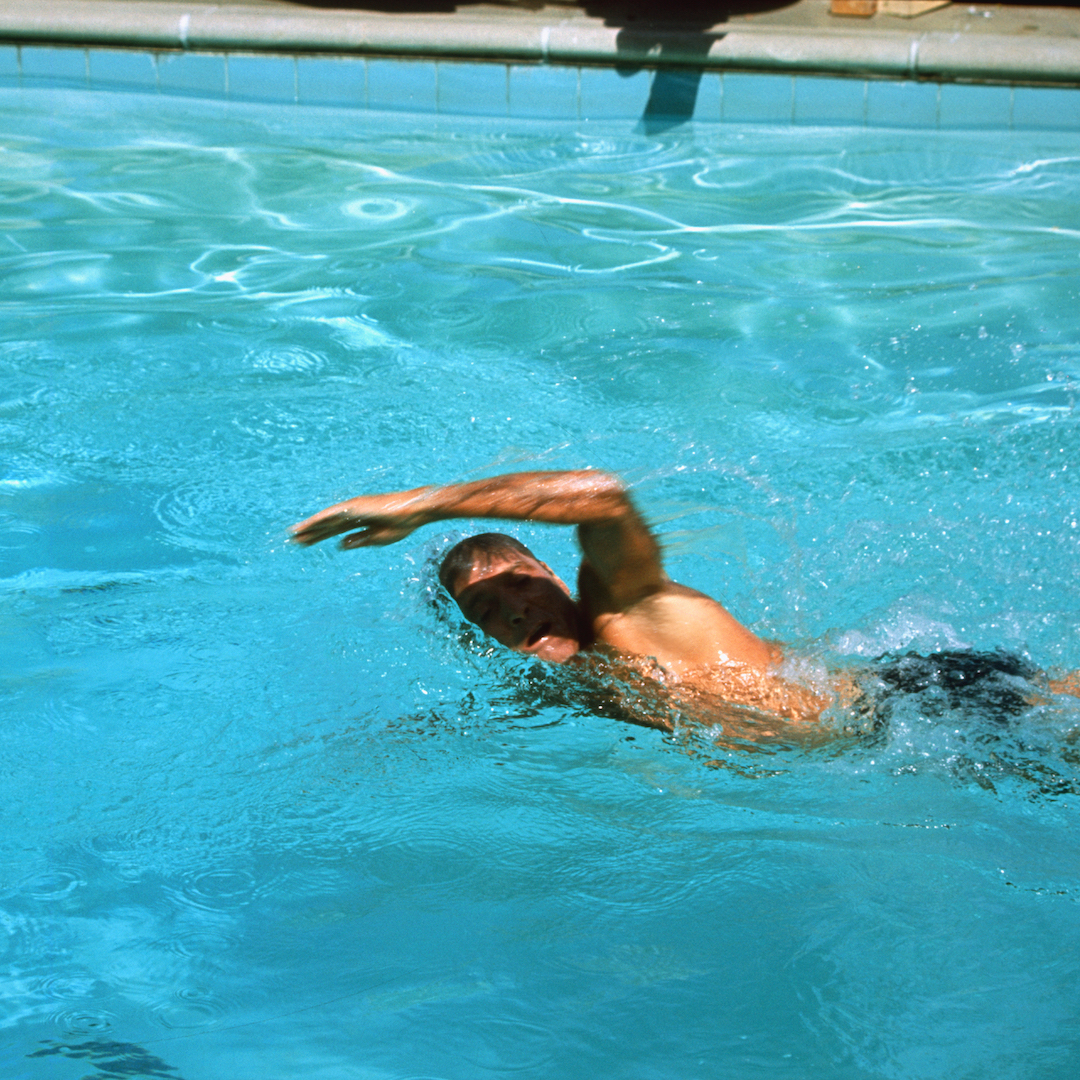

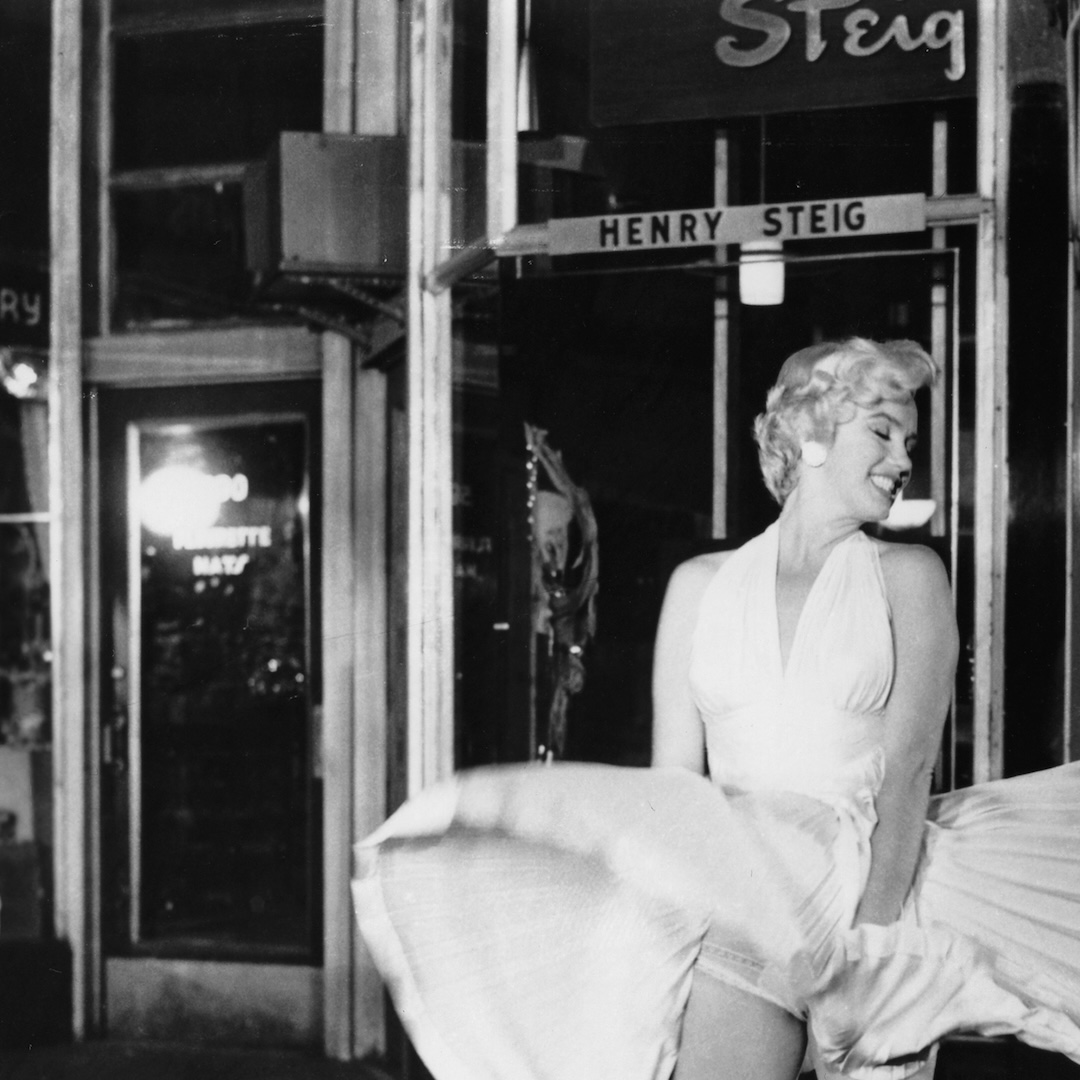

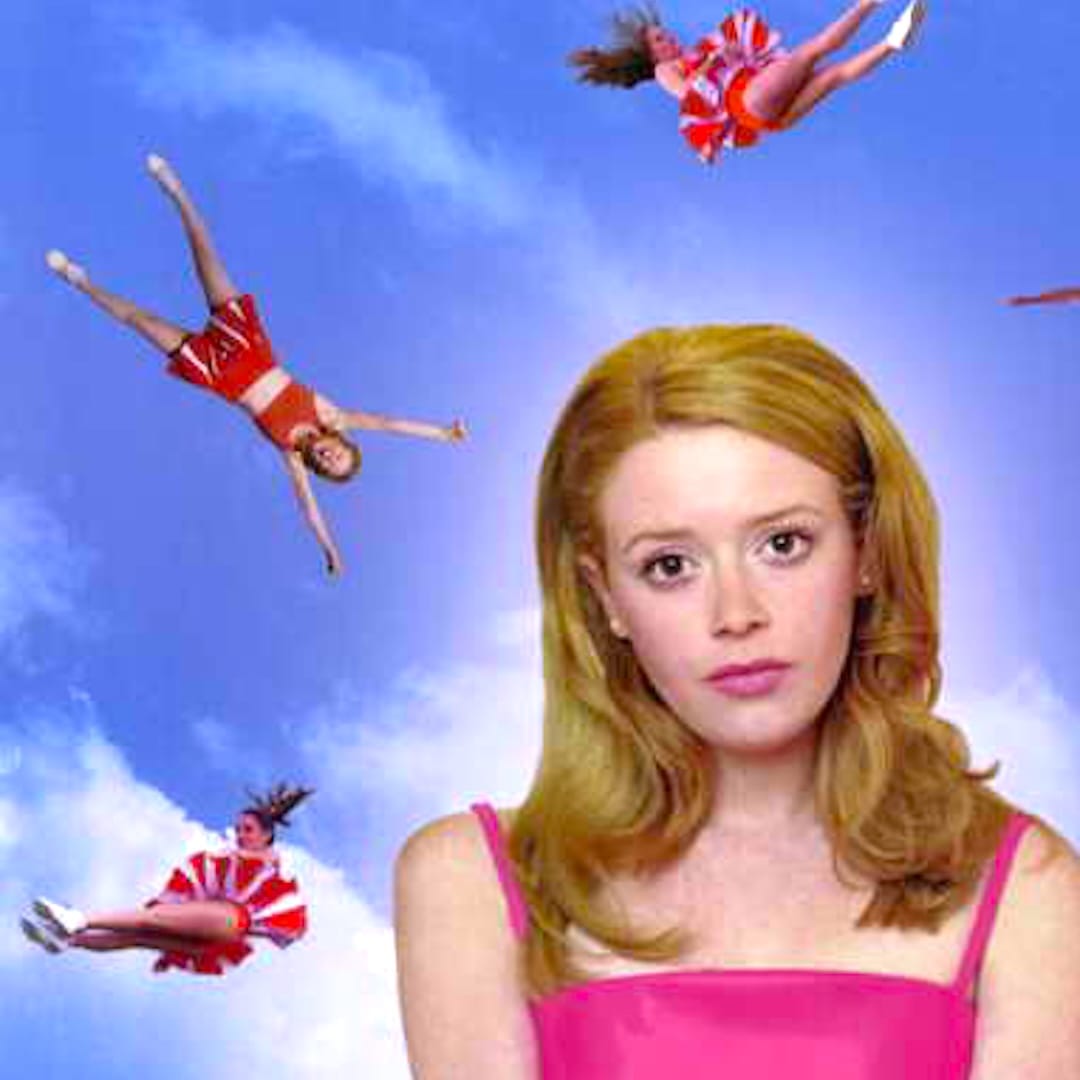
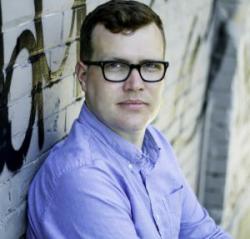
 Follow us on Instagram
Follow us on Instagram